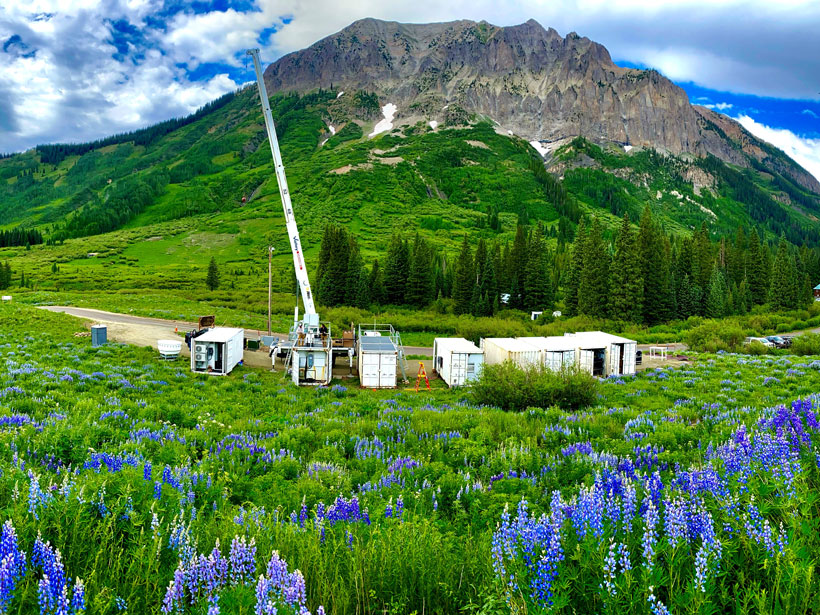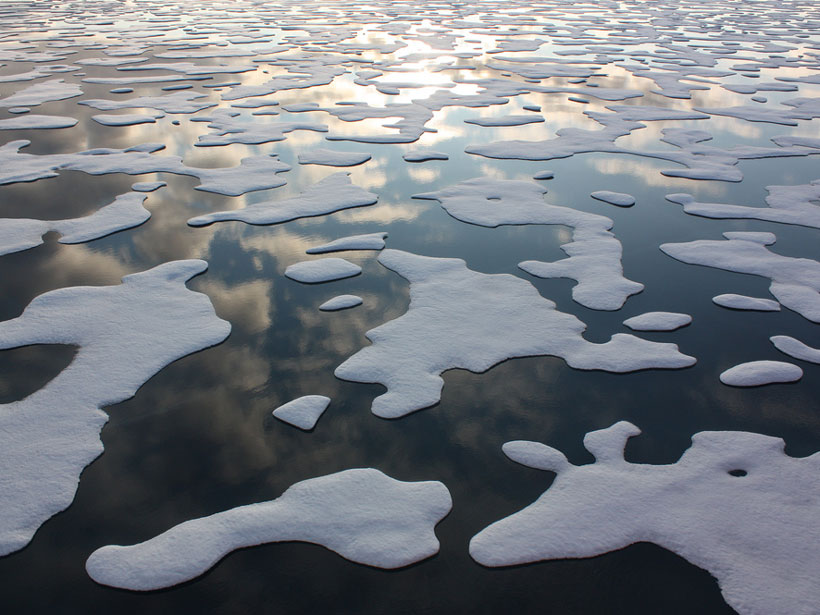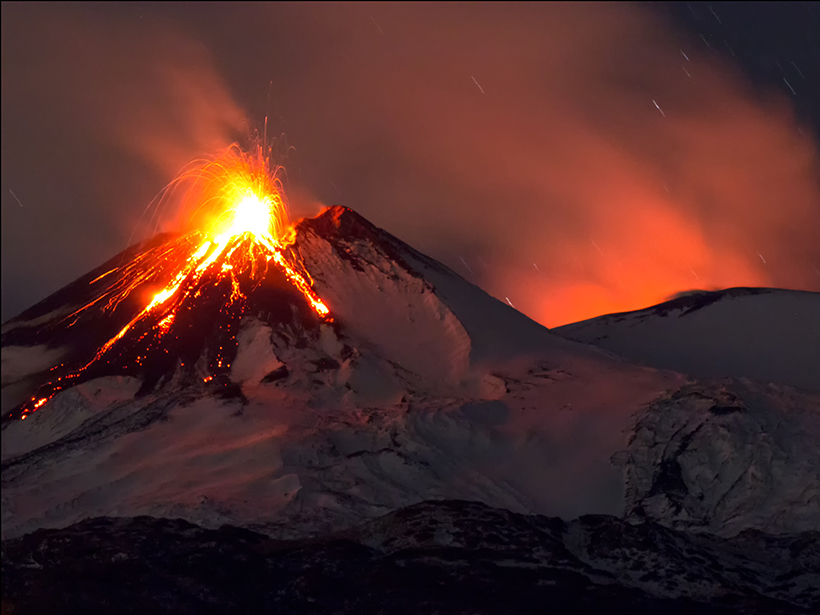Shrinking snowpack, thawing permafrost, and shifting precipitation patterns have widespread consequences. Can new technologies—and public policies—help communities adapt?
ENGAGE
How the Ski Industry Stopped Worrying and Learned to Love Climate Activism
A cultural shift is underway to transform outdoor buffs into stalwarts for climate action. Will it come soon enough to save their sport?
Cormorants Are Helping Characterize Coastal Ocean Environments
The Cormorant Oceanography Project is using sensors deployed on diving marine birds to collect broadly distributed oceanographic data in coastal regions around the world.
Autonomous Vehicles Could Benefit from Nature
A team of researchers at the University of Michigan is looking to animals to find new ways for autonomous vehicles to navigate through the environment.
Famine Weed Becomes More Toxic, Invasive in Carbon-Rich Atmosphere
A noxious weed’s success in Australia could indicate that some plants are benefitting from our carbon-rich atmosphere, becoming more invasive, competitive, and toxic.
Collaboration in the Rockies Aims to Model Mountain Watersheds Worldwide
As Earth’s climate changes at an unprecedented rate, the Surface Atmosphere Integrated Field Laboratory is studying precipitation on an unprecedented scale.
To Understand Hunger in Sub-Saharan Africa, Consider Both Climate and Conflict
Warfare exacerbates the impacts of drought to produce food insecurity crises that last long after the drought has passed, new research documents.
Small Climate Changes Could Be Magnified by Natural Processes
A new study uses modeling techniques to uncover how small incidents of warming may be turned into hyperthermal events lasting thousands of years.
When Wild Weather Blew Old Sea Ice South
Last winter, an unprecedented high-pressure system over the Arctic drove nearly a quarter of old sea ice into warmer waters, putting it at greater risk of melting.
Etna Under Pressure: Does Gas Buildup Foreshadow Eruption?
Pressure from both magma and gas can trigger eruptions. Monitoring degassing can help predict eruptions but only if the magma system is well understood first.










